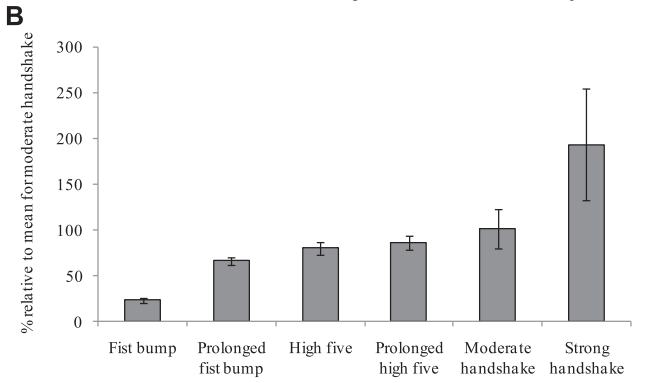A lawyer (who shall remain anonymous) from a reputable firm writes:
Q: As an employer, can I refuse to pay the salary of an employee who is ‘self-isolating’?
A:If an employee has contracted the virus, the normal rules around sick pay will apply and they will either receive Statutory Sick Pay (SSP) or contractual sick pay. If you have specifically told the employee not to come into the workplace as they have been to an affected area, they would ordinarily get their normal pay.
What is unclear is if the employee remains off as they have been quarantined or recommended to isolate themselves. In those circumstances, it would not strictly be considered as sick as the reason for the absence isn’t down to the employee being unwell, therefore no entitlement to sick pay.
There may be a contractual clause relating to such circumstances and how this time off should be paid. In the absence of any contractual clause, the position will be that the leave will be unpaid (or the employee can request to use their annual leave entitlement to cover the absence).
Q: For an employer, what are the implications of the coronavirus?
A:Whilst the above applies, if an employee is quarantined and their time off would be considered as unpaid, it may be worthwhile for you to consider the absence as sick leave and comply with any sick pay requirements. If this is not done and the employee attempts to come to work, this imposes the risk of spreading the virus. As an employer, you have a duty of care towards all staff to provide a safe premise of work. If an employee is adamant they wish to return to work, you may decide to suspend the employee on health and safety grounds, in this instance, they would have to be paid as normal.
You should ensure that employees are updated with potential symptoms of the virus and affected areas so they can be vigilant. You should seek guidance on what can be done to minimise the risk of spreading the virus and provide guidance to staff on what they can also do e.g. provide tissues and hand sanitisers and encourage staff to use them. In certain circumstances, you should consider whether staff can work from home if they have the resources and capabilities available to do so. You must need to ensure that you are taking a consistent approach with all your staff and ensure no one is being singled out because of their race or ethnicity.
For the avoidance of doubt: this does not constitute legal advice, just a lawyer’s perspective. I just thought it might be useful because it highlights the realities of that glib phrase ‘self-isolation’. There are, of course, other interesting questions that arise. For example, how would a family living in a rural location get supplies of food and other necessities? Tesco Direct?



